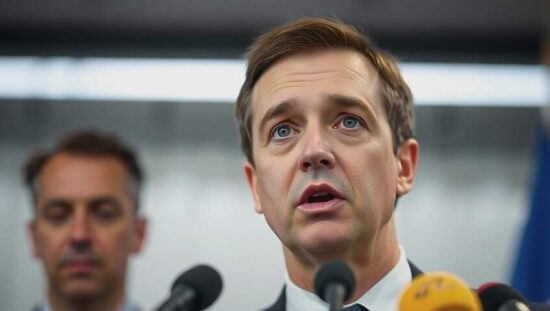German political figures are criticizing Chancellor Friedrich Merz (CDU) for a perceived lack of coordination with European partners regarding border controls. Adis Ahmetovic, spokesperson for the SPD parliamentary group on foreign policy, told the German magazine “Spiegel” that the German government’s efforts to align with neighboring countries on this issue have been “moderately successful” thus far. He highlighted Poland’s recent announcement of border controls as evidence of the need for stronger collaboration and early dialogue with European neighbors, particularly on sensitive security and migration matters.
The Polish government announced the planned border checks on Tuesday, citing the new German government’s stricter border policies as a key factor. Ahmetovic stated that this development underscores “oversights in coordination” and emphasized the need for improved communication and coordination at the European level under Merz’s leadership, for the benefit of a united and effective Europe.
Katarina Barley, an SPD politician and Vice-President of the European Parliament, echoed these concerns, directly linking Poland’s actions to the border controls initiated by Interior Minister Alexander Dobrindt (CSU). Speaking to “Spiegel” Barley asserted that the Polish government’s measures are a direct response to Dobrindt’s actions and demonstrate how quickly national interests can lead to increased isolation. She warned that a resurgence of nationalistic approaches within Europe risks undermining the significant achievement of open borders within the European Union. Barley stressed the urgency of European cooperation to address shared challenges, arguing that solutions are best found through collective action rather than unilateral measures.





